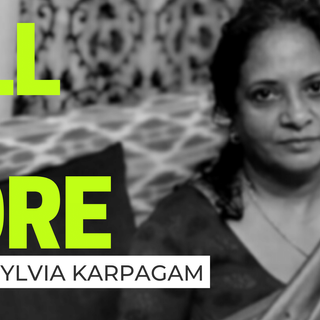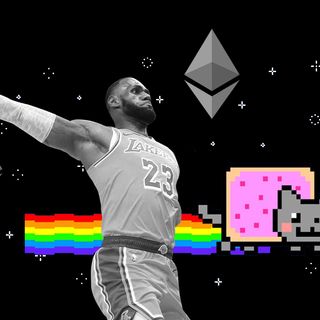In The Buzz Cut, we bring you a round-up of all the weird, controversial, and wonderful stories we’ve been reading all week.
Japan takes the prize when it comes to relentless misogyny. The creative director for Olympics 2021 likened a notable female comedian to a ‘pig,’ and resigned this week after his “brainstorming” session, in which he suggesed that the entertainer should wear pig ears, was leaked to a media outlet. Last month, Tokyo Olympics’ chief stepped down after his insulting comments regarding women; Olympics this year seems to be passing the mantle of sexism between officials.
*
Can computers see like humans — more importantly, can they identify, analyze, and make sense of it? A woman’s shopping trip to a Japanese pastry shop turned into an expedition — exploring how deep learning seeped into the world of breads and bakery, and eventually revolutionized AI-Scan technology that detects cancer cells.
*
The curious case of Nita Ambani as a women’s studies professor is packed with mails, denials, and protests. On hearing that the first lady of the Reliance family will be a visiting professor in BHU’s Centre for Women’s Studies and Development, students rushed to register their opposition. They called it a “wrong example” for the University to set. Reliance, BHU, Nita Ambani have since refuted that such an offer was on the table in the first place.
*
The rise and fall of Dhaka muslin, a gorgeous 18th-century cloth also called “woven air,” can both be ascribed to the actions of the East India Company. But in its heyday, it enjoyed attention from Mughal emperors and wives, Marie Antoinette, even Jane Austen. “To be dressed in the fashion, you have only to undress,” tailors would tell fawning clients. The collapse of this enterprise was fuelled by struggling weavers and lost knowledge, until “the legend of the loom was no more.”
*
The latest addition to Marvel Comics’ family is a gay Captain America, called Aaron Fischer, a 17-year-old who “stands for the oppressed, and the forgotten,” writer and creator Aaron Trujillo says. So while the Cap fights powerful villains and extraterrestrial life, the teen Captain America, who is shown holding the storied shield in early sketches, “helps those who walk alone in the street with problems that they face every day,” to explore what Captain America could mean at this social moment in time.
*
Wikipedia’s reputation as a democratic information bank is becoming increasingly fraught. The Japanese Wikipedia, along with other Non-English versions, was found to carry grim instances of misinformation and disinformation, where editors and moderators changed content to whitewash war crimes and promote misogyny. Revising history has never been easier, but it makes it all too easy to silence opposing voices and render truth a casualty.
*
To sharks, a dead whale means a feast. To humans, it makes for a pungent smell. To the ocean bed, it can spell an ecological disaster. Industrialized fishing is making North Atlantic right whales, among other species, increasingly rare; subjecting them to months of deterioration and infection before they eventually succumb from being entangled in ropes. The killing is also sowing the seeds of a preventable tragedy: “The death of a whale, even a single whale, temporarily changes everything around it.”
*
And the world of ‘identity hoaxers’ reveals the desire to associate with victims of historical and systemic tragedies; with people “feigning oppression” by assuming Black, Hispanic, Latin, or claiming to be Holocaust or 9/11 survivors. “It was not enough to feel the pain of marginalized groups; they had to be part of them, too.” Faking social injuries may echo underlying individual trauma, but it is also a dangerous exercise in deception.




